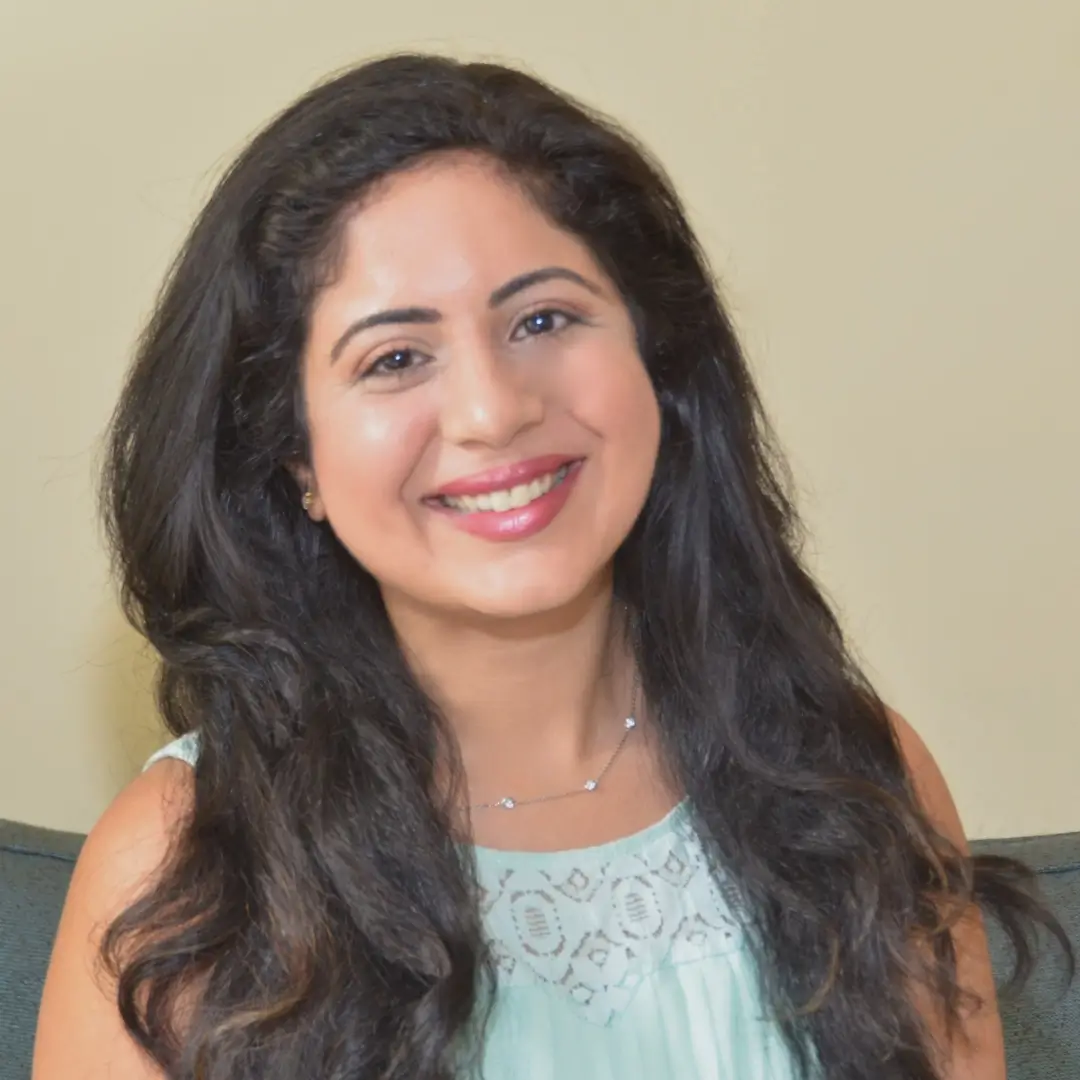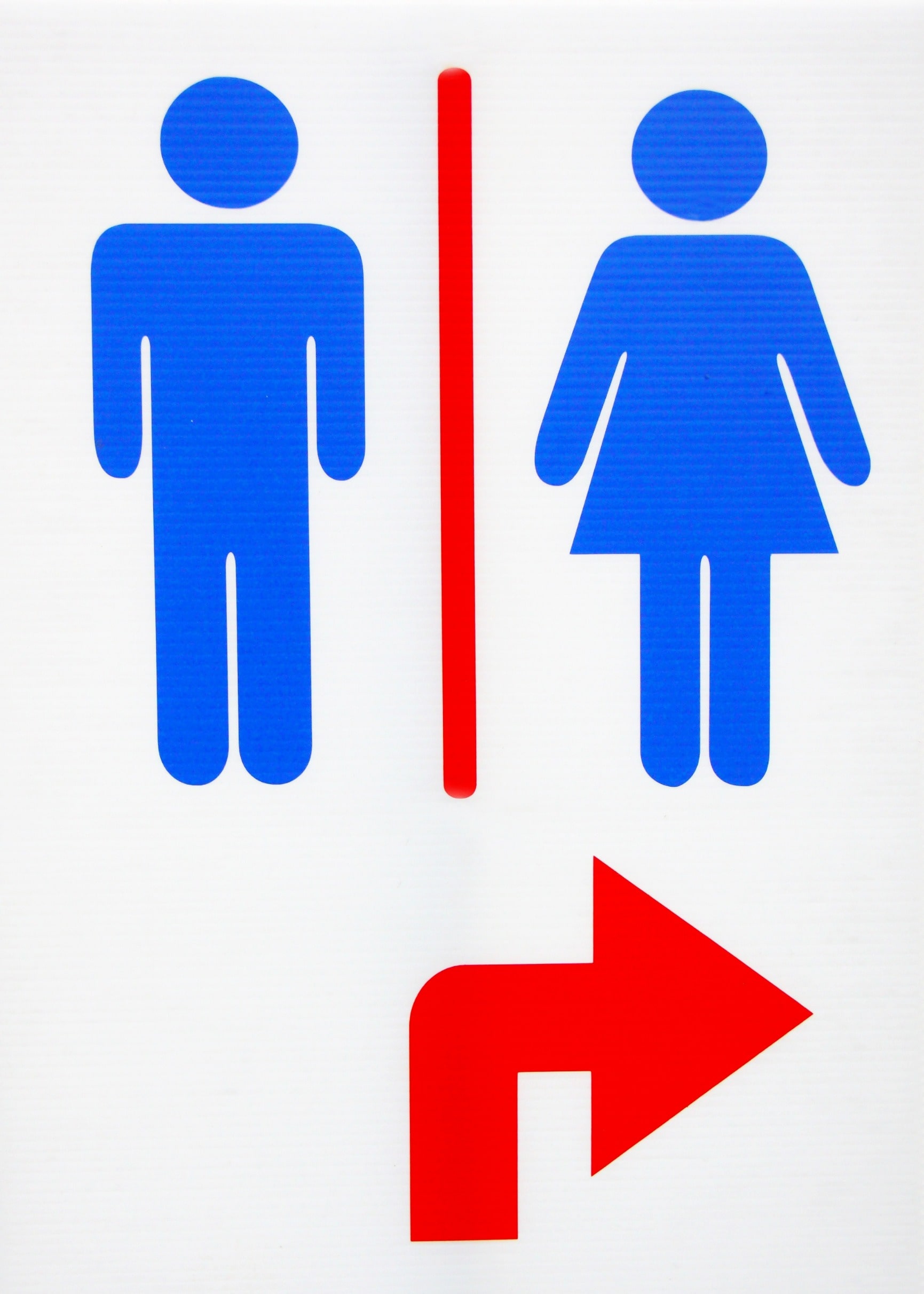Have you always been a shy person? Have family members and friends have pointed out this quality about you? Most people find this an endearing quality, but when it comes to dating it can be a real obstacle.
For shy people, talking to new people can be challenging. But if you’re shy and trying to date, it can feel impossible!
Shyness doesn’t always have to make dating so uncomfortable. Think about shyness not as “just the way I am” — but as something that can be lessened over time.
Avoidance and Dating
It’s particularly helpful to keep an eye on the harmful aspects of shyness that can make dating extra tough, such as avoiding meeting people and avoiding people who might be interested in you.
What’s the link between shyness and avoidance when it comes to dating? If you’re a naturally shy person, dating can feel intimidating for a few reasons: 1) it’s a one-on-one activity, which can leave you feeling pressured to carry the conversation; 2) it can be lead to a discussion of personal topics, which can be daunting for many shy people; 3) you might be worried about your date developing a bad opinion about you; or 4) you think you’re bad at making good conversation. All these reasons can make dating a scary prospect for someone who’s shy.
In the short-term, avoiding dating may feel like a big relief — like getting to play hooky from school! However, in the long term, continued avoidance can lead to an unhappy love life and can lead to loneliness, despair, and negative self-esteem.
General Dating Tips for Shy People
- Write out the pros and cons of asking someone out. Which list wins? Do items on one list carry more weight than the other?
- Practice confidence while asking someone out by standing tall, smiling, and speaking clearly. These are all nonverbal signs that convey confidence. You might even find that practicing these steps may actually increase confidence!
- Handle rejection carefully. If you get turned down for a date, consider carefully why that is. You might assume it’s because there is something wrong with you. But couldn’t there be a variety of other reasons unrelated to you? Try not to jump to conclusions, and don’t let rejection keep you from trying again.
- Pick a date activity ahead of time. For a shy person, making conversation over dinner might be the toughest thing to do, especially if the entrée is taking forever to be served. Instead, try planning an engrossing activity for a date. Examples include wine tasting, blueberry picking in the summer months, horse-riding, or attending a cooking class. These activities (and others) can allow you to focus your attention on the activity at hand while still allowing some time for good conversation.
Tips for When You’re On a Date:
- Shift your focus to the other person. Often, shyness and discomfort increase when our focus is on ourselves — our own thoughts, insecurities, appearance. Shifting your focus to your date and the conversation can help you feel more present and engaged.
- Catch yourself mind reading. Do we really know what the other person is thinking of us or are we just guessing? Mindreading is often inaccurate and quite distracting.
- Practice an easy manner with some sense of humor. Dating while feeling shy can feel intimidating and demanding! Try to break the tension (with yourself) by smiling, walking leisurely, sitting laidback and comfortably, and cracking a joke or two. (Just be careful not to overdo the jokes.)
We hope that these tips help you get a date and enjoy it. However, keep in mind that there is a difference between ordinary shyness and social anxiety. Social anxiety is a clinical condition marked by 1) fear of negative evaluation by others, 2) avoidance of social settings (often large settings but sometimes small too), and 3) difficulty with intimacy.
How to Spot Signs of Social Anxiety
- Experiencing difficulty putting yourself out there — online or in-person
- Feeling afraid of what your date may be thinking about you
- Showing limited eye contact and experiencing overpowering shyness
- Finding yourself trying to read your date’s mind while together
- Difficulty speaking or finding yourself “rambling”
If you think you have social anxiety, we recommend that you seek professional treatment and contact us at the Manhattan Center for CBT. Otherwise, happy dating!
Subscribe to the Manhattan Center for Cognitive-Behavioral Therapy blog!










5 Comments